SQL vs NoSQL
Blog / SQL vs NoSQL
Ever wondered how to pick the best database for your project?TL;DR Summary What is SQL?DefinitionProperties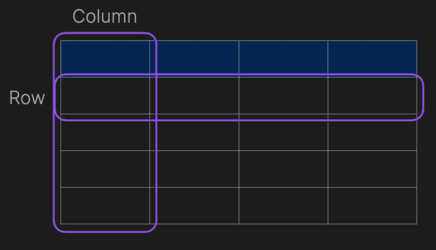 AdvantagesDisadvantagesExamples & Use CasesWhat is NoSQL?DefinitionCharacteristics4 Main Types of NoSQL Databases1. Document Stores
AdvantagesDisadvantagesExamples & Use CasesWhat is NoSQL?DefinitionCharacteristics4 Main Types of NoSQL Databases1. Document Stores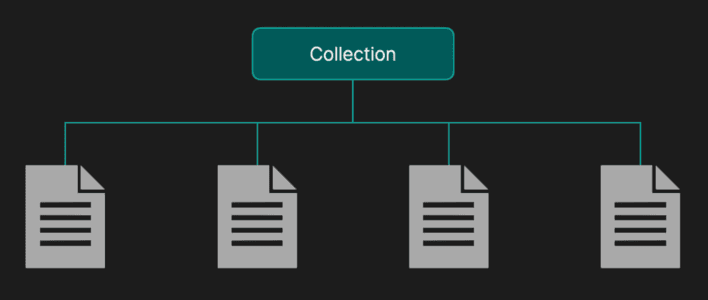 2. Key-Value Stores
2. Key-Value Stores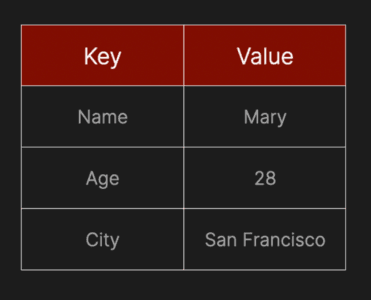 3. Column-Family Stores
3. Column-Family Stores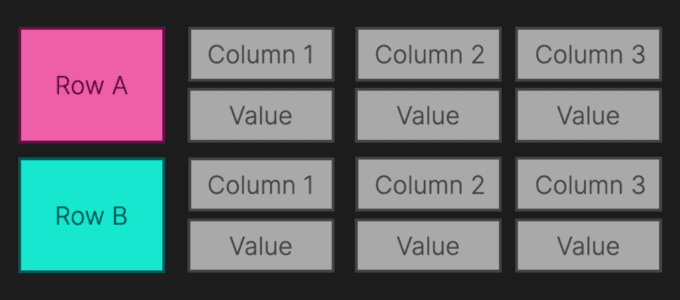 4. Graph Databases
4. Graph Databases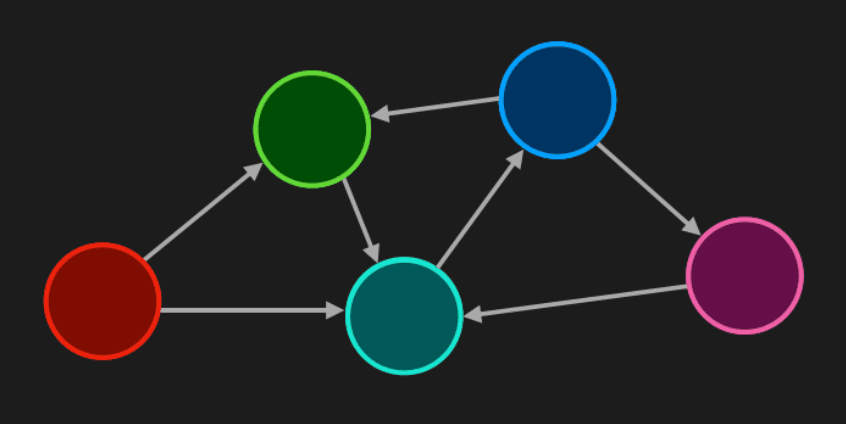
- SQL is designed to handle structured data, meaning data that fits neatly into tables with rows and columns. MySQL, PostgreSQL, Oracle Database, Microsoft SQL Server.
- NoSQL databases handle unstructured or semi-structured data and are designed for flexible schemas, high performance, and scalability.
- SQL stands for Structured Query Language. It’s the standard language for relational database management systems (RDBMS). SQL is designed to handle structured data, meaning data that fits neatly into tables with rows and columns.

- Structured Schema: Predefined schemas that strictly enforce data organization.
- Relational Model: Data is stored in tables, and relationships are defined via foreign keys.
- ACID Compliance: Ensures Atomicity, Consistency, Isolation, and Durability for reliable transactions.
- Powerful Query Language: SQL allows for complex queries, joins, and aggregations.
- Data Integrity: Strong consistency and well-defined relationships.
- Industry Standardization: Widely used, with a vast ecosystem and community support.
- Reduced Flexibility: Strict schema can make it harder to evolve the database structure as requirements change.
- Scaling Challenges: Typically scales vertically (adding more hardware resources to a single server) rather than horizontally.
- Examples: MySQL, PostgreSQL, Oracle Database, Microsoft SQL Server.
- Use Cases: Financial applications, e-commerce transactions, CRM systems, and any scenario where data consistency and complex queries are paramount.
- NoSQL stands for “Not Only SQL.” It’s a category of database systems that deviate from the traditional relational model. NoSQL databases handle unstructured or semi-structured data and are designed for flexible schemas, high performance, and scalability.
- Flexible Schema: Allows data structures to evolve over time without expensive migrations.
- Horizontal Scalability: Easily distribute data across multiple servers.
- High Performance: Optimized for large-scale, rapid reads and writes.
- Eventual Consistency: Often trades off immediate consistency for better performance and availability.

- Characteristics: Store data as documents (often JSON), each with its own structure.
- Advantages: Flexible schema, easy to modify and update documents.
- Disadvantages: Complex queries can be more challenging than in SQL.
- Examples & Use Cases: MongoDB, CouchDB. Ideal for content management, blogging platforms, and rapidly evolving data models.

- Characteristics: Data is stored as simple key-value pairs.
- Advantages: Extremely fast reads and writes, simple operations.
- Disadvantages: Limited querying capabilities; you generally need to know the key.
- Examples & Use Cases: Redis, Riak, DynamoDB. Perfect for caching, session management, and real-time analytics.

- Characteristics: Store data in tables, but each row can have a variable number of columns.
- Advantages: High scalability and optimized for large datasets and analytical queries.
- Disadvantages: Less complex querying capabilities than relational databases; can require careful schema design.
- Examples & Use Cases: Apache Cassandra, HBase. Commonly used in big data analytics, large-scale logging, and time-series data.

- Characteristics: Represent data as nodes and edges, making relationships first-class citizens.
- Advantages: Efficient for traversing complex relationships; great for recommendation engines or social networks.
- Disadvantages: May not be as fast for simple read/write operations on large datasets as other types.
- Examples & Use Cases: Neo4j, Amazon Neptune. Ideal for social graphs, fraud detection, and network analysis.
About TechPrep
TechPrep has helped thousands of engineers land their dream jobs in Big Tech and beyond. Covering 60+ topics, including coding and DSA challenges, system design write-ups, and interactive quizzes, TechPrep saves you time, builds your confidence, and makes technical interviews a breeze.